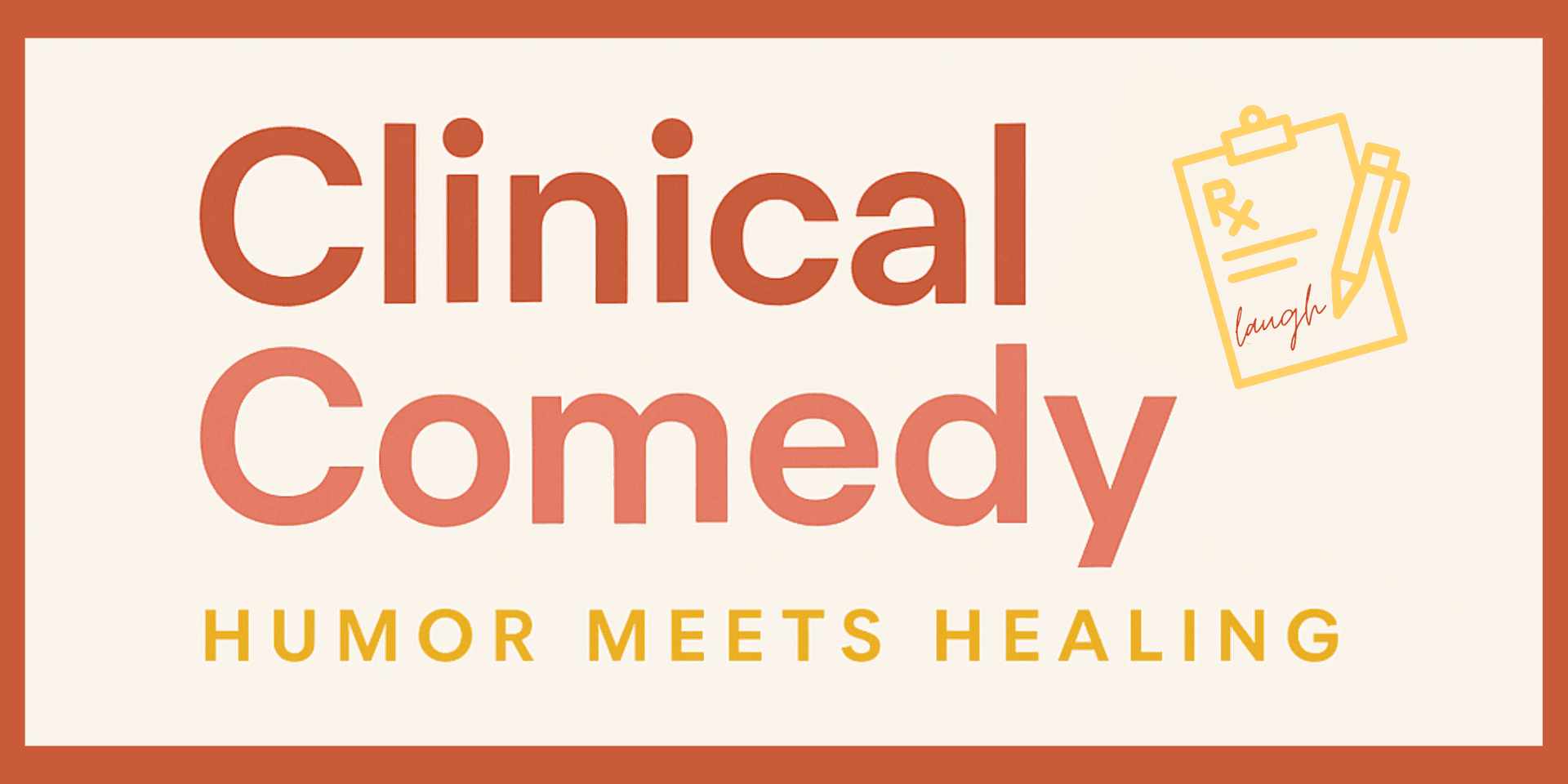Laughing Through Stress: The Role of Comedy in Managing Anxiety and Depression
The Healing Power of Laughter
In today’s fast-paced world, stress is almost unavoidable. Anxiety and depression rates are soaring, and people are constantly seeking effective ways to cope. Among various therapeutic approaches, one stands out for its simplicity and accessibility: comedy. Laughter has long been touted as the best medicine, and recent studies have shown that it can play a significant role in managing anxiety and depression.
Laughter triggers the release of endorphins, the body's natural feel-good chemicals. These endorphins promote an overall sense of well-being and can temporarily relieve pain. Furthermore, laughter reduces stress hormones like cortisol and adrenaline, which are often elevated during anxiety episodes.

The Science Behind Laughter
Understanding the biological response to laughter can help us appreciate its impact on mental health. When we laugh, our brain releases neurotransmitters that boost our mood. This reaction is similar to what happens during physical exercise, which explains why both activities are often recommended for mental health improvement.
Moreover, laughter improves immune function by increasing the production of antibodies and activating immune cells, thus helping to reduce the physical symptoms of stress. This dual benefit for both mind and body makes laughter an essential tool in stress management.

Comedy as a Therapeutic Tool
Incorporating comedy into daily life doesn’t require a script or a stage. Here are some practical ways to bring more laughter into your life:
- Watch stand-up performances or comedic films.
- Follow comedians on social media platforms for daily humor.
- Join a laughter yoga class, which combines breathing exercises with playful activities.
- Spend time with friends who have a good sense of humor.
Engaging with comedy regularly can create a positive feedback loop, enhancing mood and reducing stress over time. It fosters a lighthearted perspective that can be particularly beneficial in challenging situations.

Social Benefits of Shared Laughter
Laughter is not only an individual experience but also a social one. Sharing a laugh can strengthen relationships and build connections. It creates a bond that transcends words, offering an unspoken understanding and mutual appreciation. This social aspect of laughter can be particularly advantageous for those dealing with anxiety or depression, as it encourages interaction and reduces feelings of isolation.
Group laughter is even more effective in reducing stress levels than laughing alone. The shared experience can amplify the benefits of laughter, making it a powerful tool for group therapy sessions or family gatherings.

Bringing Humor into Therapy
Many therapists now incorporate humor into their practices, recognizing its potential to break down barriers and facilitate open communication. Humor can be used to reframe negative thoughts and provide new perspectives on difficult situations. It also offers a way to discuss sensitive topics without the heaviness that often accompanies them.
Therapists using humor report that their clients become more relaxed and open during sessions, leading to more productive outcomes. This approach can be especially beneficial for those who find traditional therapy intimidating or overwhelming.

Conclusion: Embracing Laughter as Medicine
While laughter may not replace traditional treatments for anxiety and depression, it serves as a valuable complement. Its ability to reduce stress hormones, boost mood-enhancing neurotransmitters, and foster social connections makes it an indispensable tool in the modern mental health toolkit.
Incorporate more laughter into your life by exploring different forms of comedy and sharing joyful moments with others. By doing so, you’ll not only improve your mental health but also enrich your relationships and overall quality of life.
